types of antioxidants
Date:2019-05-13Views:849
There are three main types of antioxidants in nature. These include phytochemicals, vitamins and enzymes. Most of the strongest antioxidants are found in plants. This is because the plants are exposed to ultraviolet light all day long.
Because plants produce large amounts of free radicals, they have a natural built-in protective system that prevents free radicals from causing cell damage, which ultimately leads to plant wilting and death. This protection comes from natural antioxidants.
Antioxidase
Enzymes are antioxidants derived from the proteins and minerals we eat in our daily diet. These enzymes are synthesized in the human body, including superoxide dismutase (SOD), glutathione peroxidase, glutathione reductase, and catalase.
In order for antioxidant enzymes to provide optimal antioxidant activity, they require co-factors such as iron, copper, selenium, magnesium and zinc. The quality of the protein source does affect the quality of the antioxidant enzymes.
Antioxidant vitamin
The body does not naturally produce antioxidant vitamins, so its dietary source must be included in our daily food intake, whether through food or supplements. Common antioxidant vitamins include vitamins A, C, E, folic acid and beta-carotene.
Vitamin A is especially important for improving the immune system, eye health, tissue repair and cholesterol levels. Hawaiian spirulina is rich in vitamin A. Vitamin C helps protect the skin from UV rays, promotes better iron absorption, enhances resistance to infection, and helps regulate blood cholesterol. Vitamin E is important for maintaining vascular health, improving skin condition and protecting the body's membranes. At the same time, folic acid is also important for women of childbearing age, especially in preventing the occurrence of fetal neural tube defects.
Beta-carotene is a powerful carotenoid (a phytochemical) that is believed to have the best protection against monomeric oxygen and free radicals. This vitamin is most commonly found in orange vegetables such as carrots, squash and sweet potatoes, as well as dark green vegetables such as spinach, kale and kale.
Coenzyme Q10 (or Coenzyme Q10), a vitamin-like substance produced by the human body, has been shown to be an essential component of the basic functions of cells. As we age, the yield of this substance naturally decreases, and its decline is related to the development of various age-related diseases and conditions.
Antioxidant phytochemicals
Phytochemicals are antioxidants that plants use naturally to protect themselves from free radicals. Studies have shown that humans that source phytochemicals can also benefit from the antioxidant properties of plants. Phytochemicals are divided into the following categories:
Carotenoid
Flavonoids
• Allyl sulfide
Polyphenol
Most natural whole foods, such as whole grains, fruits and vegetables, contain phytochemicals, while processed or refined foods contain almost no phytochemicals.
Disclaimer:
The information provided is for educational purposes only and does not constitute medical advice. If you have any questions or concerns about your health, always seek advice from your doctor or qualified health care provider. Please consult a doctor before starting any exercise program. Never ignore or delay seeking medical advice because of what you have heard or read in this article or on the
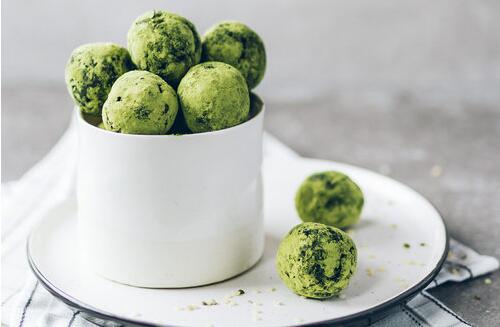 How to keep warm in winter
How to keep warm in winter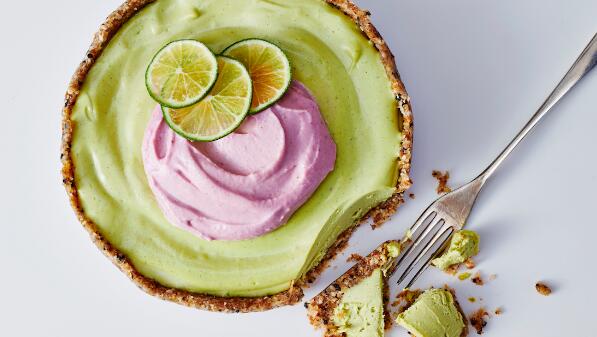 Keep a good schedule during the summer, pay attention to eat more acid
Keep a good schedule during the summer, pay attention to eat more acid natural health solutions explained
natural health solutions explained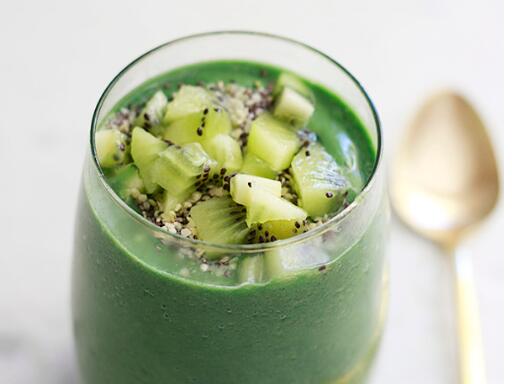 It's recommended to drink more tea in winter
It's recommended to drink more tea in winter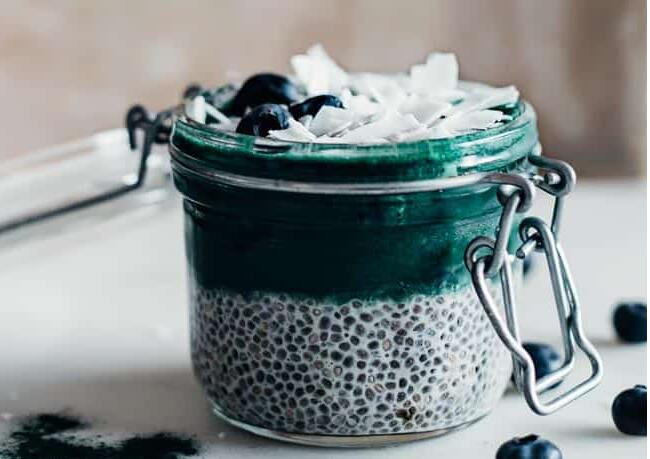 See what effect peppers have in summer
See what effect peppers have in summer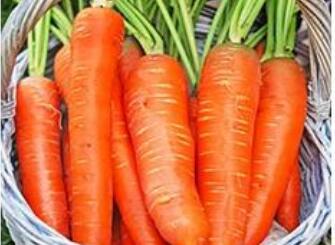 Three soups to drink in winter
Three soups to drink in winter
